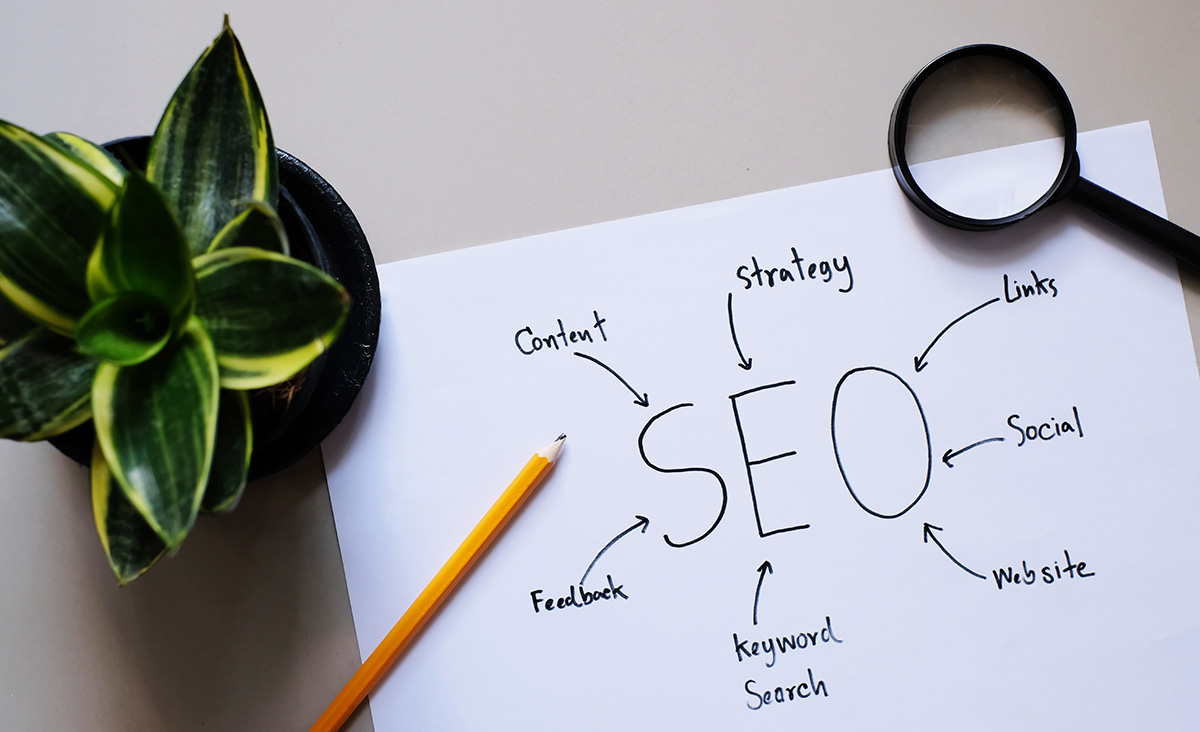SEO Services
3 - Links
Links are and will always be key elements for SEO improving rankings, even though Google has made several algorithm updates that were meant to reduce their importance.
The two main types of links you need to worry about are:
- Inbound links: These are links from other websites pointing to your website. They show search engines that your site is popular and trusted.
- Outbound links: These are links from your website pointing to other websites. They show search engines that you're willing to vouch for the quality of the sites you're linking to.
4 - Title Tags
Title tags carry a lot of weight concerning on-page SEO factors. The tags appear at the top of your browser window and in the search engine results pages (SERPs). SEO services always make it a point to put a premium on title tags.
Your title tags should be:
- Relevant: As with keywords and content, your title tags must be relevant to your website's topic and the specific page you're optimising.
- Descriptive: In addition to being relevant, your title tags must also be descriptive. They should give visitors a good idea of what they can expect to find on your page.
- Short: Keep your title tags short and sweet. Ideally, they should be between 50 and 60 characters.




